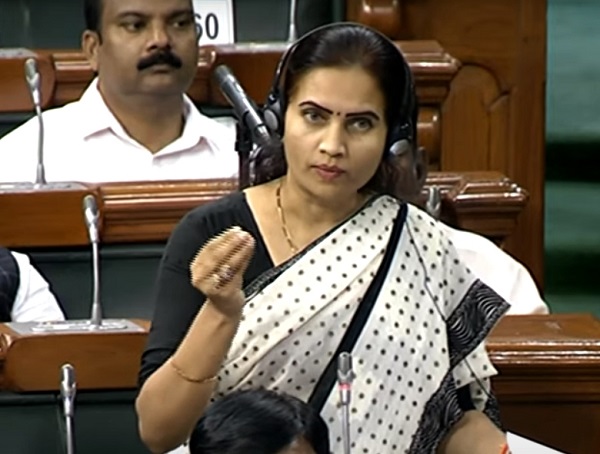
New Delhi, (Samajweekly) The Central government has identified 112 Aspirational Districts based on their performance in 49 Key Performance Indicators (KPIs) across five themes namely Health and Nutrition, Education, Agriculture and Water Resources, Financial Inclusion and Skill Development and Basic Infrastructure, said Union Minister of State for Health Bharati Pawar in a written reply in the Lok Sabha on Friday.
The government reviews functionality of the health centers as well as implementation of various health programmes in each state including the Aspirational District areas through Central and State level monitoring mechanisms, said Pawar on the question of steps taken to ensure health facilities in backward districts.
“From Central level, Ministry of Health and Family Welfare undertakes annual Common Review Mission (CRM) and Integrated Monitoring Visits (IMV) to review the progress of National Health Mission (NHM) implementation. In addition to this Health Management Information System (HMIS) data is updated by States which is available disaggregated up-to-the facility level. Similarly, aspirational district evaluation is also done by NITI Aayog based on the set indicators,” she told the house.
On other question of ‘Steps Taken To Tackle Antimicrobial Resistance’, the MoS Health replied that the National AMR Surveillance reports for 2019 and 2020 generated under the National programme on AMR Containment, show no significant difference in the AMR trends.
Antimicrobial resistance is a multifaceted problem with significant consequences for individuals as well as Health Care Systems. To capture the trends and pattern of AMR in India, ICMR has established an AMR surveillance and research network (AMRSN) to monitor data on the trends and patterns of antimicrobial resistance of clinically important bacteria and fungi limited to human health from 30 tertiary hospitals, said Pawar in her written reply.








